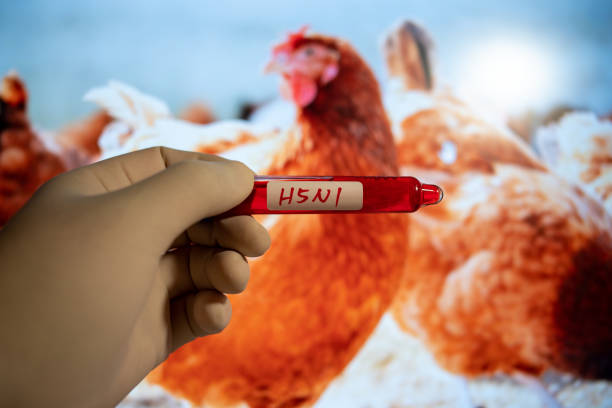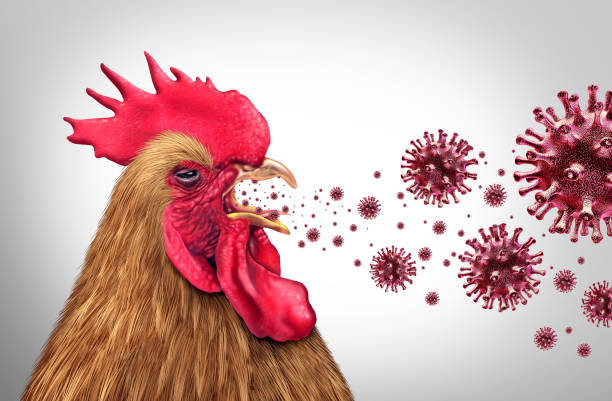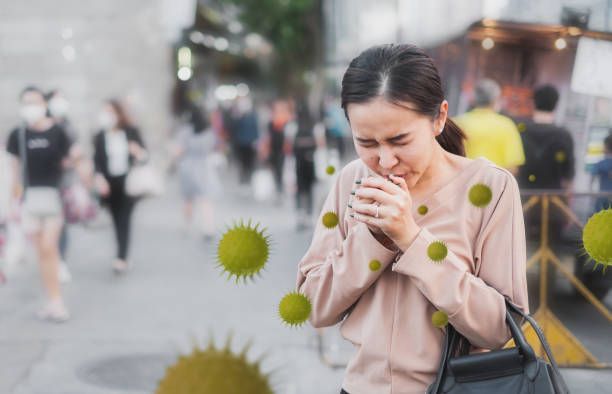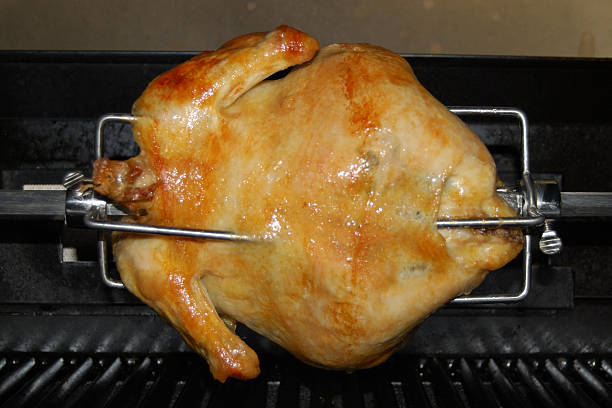From the early days of the pandemic, one heartbreaking truth stood out—COVID-19 hits the elderly the hardest. For many of us, this meant sleepless nights worrying about our parents, grandparents, and older neighbors. As we watched the numbers climb, it became clear: age, along with preexisting health issues, created the perfect storm. But this story isn’t just about statistics—it’s about people we love. Their routines were upended. Visits stopped. Hugs disappeared. Protecting them isn’t only about vaccines or face masks. It’s about care, connection, and doing our part to help them live not just longer, but better. Here’s what we’ve learned—and how we can continue to protect those who raised us.
Why Seniors Are More at Risk
Let’s face it—our immune systems just don’t work the same way as we age. What was once a quick bounce back from a cold can now mean weeks of fatigue or complications. This natural change is called immunosenescence, and it leaves older adults more vulnerable to infections like COVID-19. Layer on common chronic issues like diabetes, high blood pressure, or heart problems, and it’s easy to see why older adults face more serious illness. According to the CDC, people 65 and older still account for the majority of COVID-related hospitalizations. But knowledge is power—and it helps us take action early.
Read more from the CDC.
The Emotional Toll of Isolation
If you had to go months without seeing your family, you know it wasn’t just physically difficult—it was emotionally crushing. For older adults, especially those living alone or in care facilities, the isolation during COVID was intense. No morning walks with friends. No chats over tea. No visitors on birthdays. That kind of loneliness doesn’t just make you sad—it can lead to real health problems like depression, memory decline, and even a weaker immune system. While tech helped some people stay connected, many seniors felt left behind. The good news? Simple acts of connection can still make a huge difference.
Learn more here.
Practical Safety Measures That Still Matter
Even if mandates have lifted, some habits are worth keeping—especially when it comes to keeping our older loved ones safe. Think of them as gentle shields. Wearing a mask in crowded spaces, washing hands regularly, or opening a window for fresh air all help cut down risk. And when visiting grandparents, a quick self-test or rescheduling when you’re feeling under the weather can go a long way. Most importantly, help them stay current on vaccines and boosters—they’re one of the best tools we’ve got. These aren’t drastic measures. They’re small kindnesses that say, “I care about your health.”
Stay updated via CDC.
Building Resilience Through Lifestyle
Protecting health is about more than avoiding illness. It’s also about building up our bodies—and minds—so we’re better equipped to handle whatever comes our way. For older adults, even light movement like walking around the block or doing stretches in a chair makes a difference. Meals with colorful veggies, good fats, and enough protein nourish the body and the immune system. And don’t underestimate the power of good sleep or laughter. Helping the elderly stay active, curious, and well-fed isn’t just preventative care—it’s a form of love.
See how lifestyle choices support immunity.
Empowering Caregivers and Families
If you’re helping care for an older parent or loved one, you know it’s not always easy. But you also know how deeply rewarding it can be. During COVID, families stepped up—learning to Zoom with doctors, dropping off groceries, and figuring out how to be present from a distance. That spirit of care is something we can carry forward. Whether it’s setting up medication reminders, chatting about their concerns, or simply listening, showing up makes all the difference. Don’t hesitate to ask for help—there are more resources now than ever. And remember, when seniors feel seen and supported, their health often improves.
Support strategies for older adults.
Final Thoughts
COVID-19 reminded us just how fragile life can be—and how deeply connected we all are. The elderly are more than a vulnerable group—they’re our storytellers, our mentors, our loved ones. They deserve to feel safe, respected, and cared for. While the virus may still linger, so does our ability to protect and uplift each other. By staying informed, practicing everyday care, and nurturing emotional connection, we can make sure our elders aren’t just surviving—but thriving. It doesn’t take much. A visit. A call. A warm meal. Sometimes, that’s all it takes to show someone they still matter.
References:
- https://www.cdc.gov/aging/covid19-guidance.html
- https://www.ncbi.nlm.nih.gov/pmc/articles/PMC7995743/
- https://www.cdc.gov/coronavirus/2019-ncov/need-extra-precautions/older-adults.html
- https://www.ncbi.nlm.nih.gov/pmc/articles/PMC7462530/
- https://www.nia.nih.gov/health/coronavirus/helping-older-adults-cope-covid-19-pandemic




